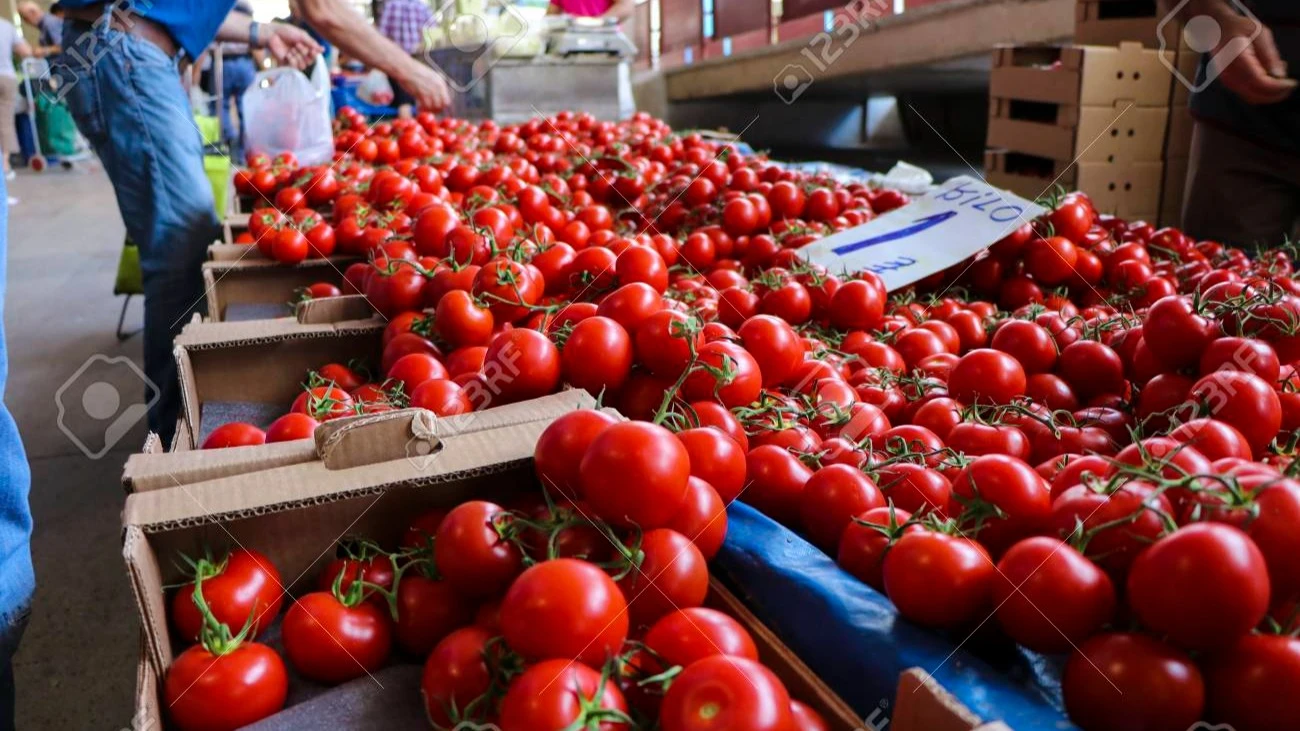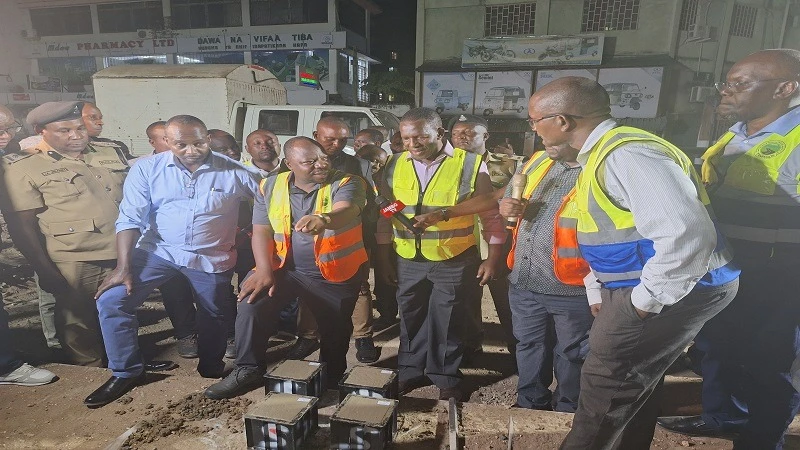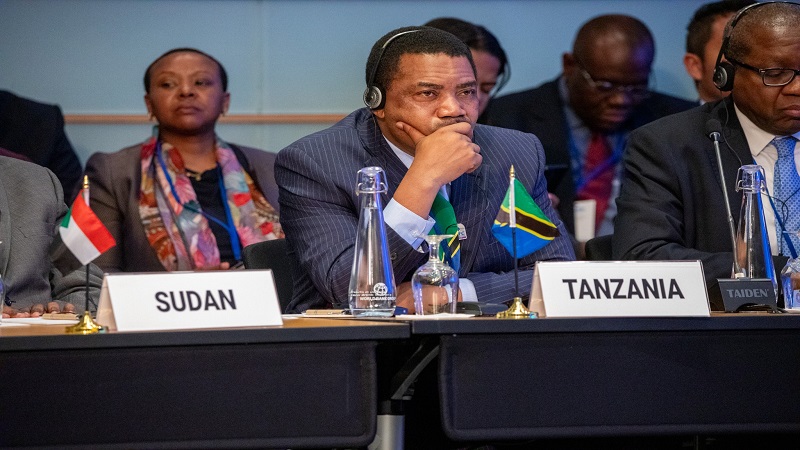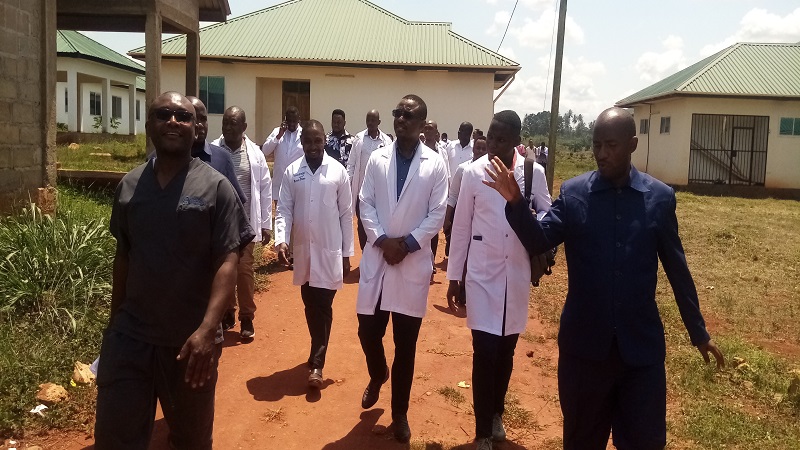Centre hands over 100 local kernel genes to global ‘bank’
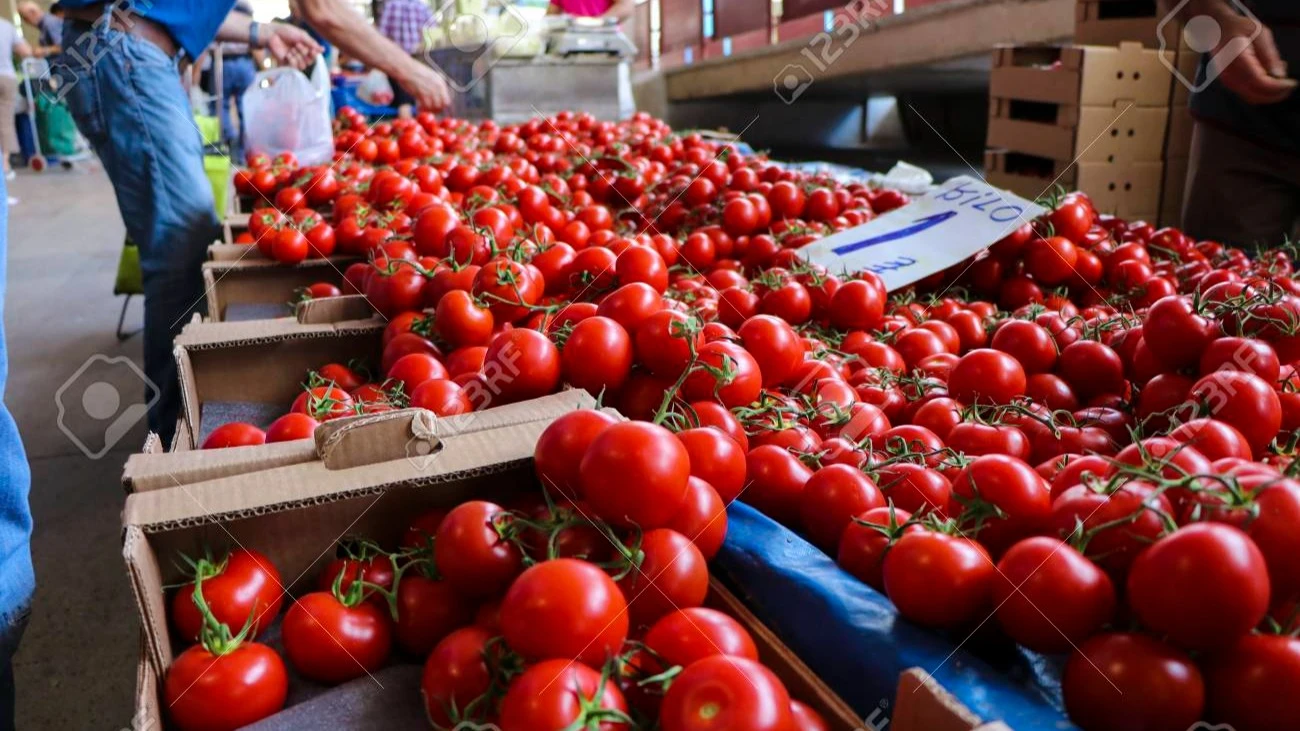
THE Genebank at the World Vegetable Centre in Arusha has just deposited more than 100 accessions of vegetables and other crops at the Svalbard Global Seed Vault.
Maarten van Zonneveld, head of genetic resources at the World Vegetables Centre, said in a briefing here yesterday that the Svalbard Global Seed Vault is a secure backup facility for the world's crop diversity on the Norwegian island of Spitsbergen in the remote Arctic Svalbard archipelago.
He said that less than 10 percent of accessions conserved in genebanks are taken from the more than 1,100 vegetable species around the world with the Tanzanian deposit reported to be filling a critical gap.
“The World Vegetable Genebank in Tanzania has a direct line to farmers, who grow and sell these crops to supermarkets,” The World Vegetable Centre’s seed kits contain a variety of vegetable seeds, including leafy amaranth and okra.
“There's an urgent need to rescue and conserve vegetable diversity to address malnutrition. Growing more vegetables, especially in Africa, also means more jobs and resilient farms,” he stated.
The Svalbard Global Seed Vault received a deposit of more than 30,000 new seed samples from 23 depositors across 21 countries, including seven international genebank.
This marks the largest number of depositors since the seed vault received samples from a record-breaking 35 genebanks in 2020, underscoring the urgent global effort to conserve crop diversity in the face of escalating climate change, conflict and other crises.
It is similarly reported that yields of the main cereals in sub-Saharan Africa are less than half of the world average, even as the genetic material is deposited for global access and use.
Apart from kernels from Tanzania, other noteworthy October 2024 deposits to the global seed vault include those from the International Crops Research Institute for the Semi-Arid Tropics (ICRISAT), an Indian institution.
ICRISAT, an international genebank is depositing 2,950 seeds of 56 species, including pearl millet, sorghum and 28 different arachis, wild relatives of the peanut (groundnut), nine of which are new to the seed vault.
Some of these wild relatives provide high-protein feed for livestock and a nitrogen source in some farming systems, the expert noted, affirming that in addition, ICRISAT is sending seeds that will become part of a 100-year experiment, where six partners deposit seeds of food staples and periodically evaluate their viability.
The International Rice Research Institute (IRRI) of Philippines is depositing over 7,000 rice samples, the largest number of samples in this deposit. This is a crucial contribution given that rice feeds more than half the world's population, he stated.
In addition, the country’s national gene bank – National Plant Genetic Resources Laboratory – is depositing nearly another 1,000 seeds of 14 crops, the briefing indicated.
Top Headlines
© 2024 IPPMEDIA.COM. ALL RIGHTS RESERVED









